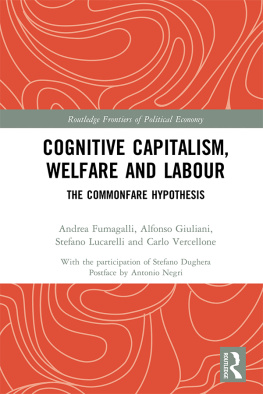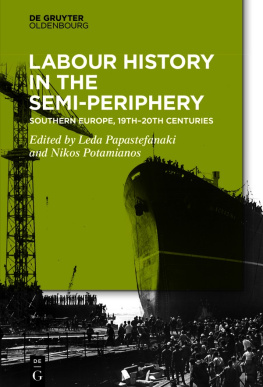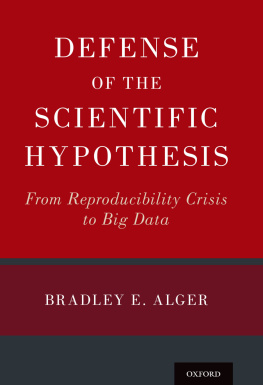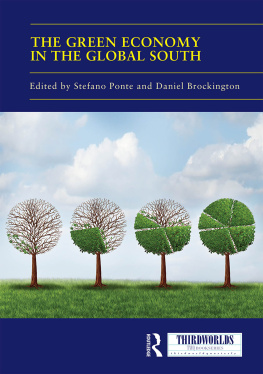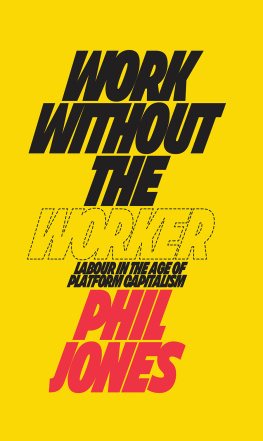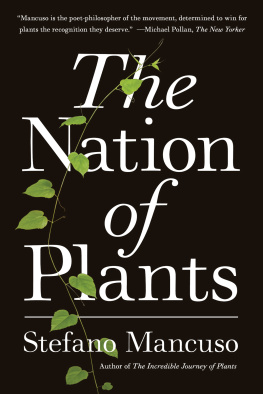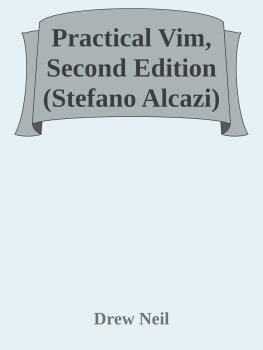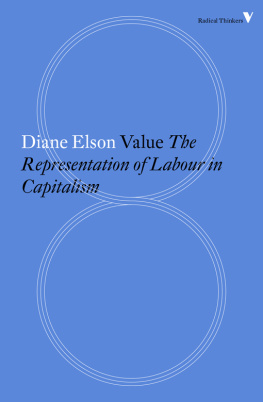Dughera Stefano - Cognitive capitalism, welfare and labour : the commonfare hypothesis
Here you can read online Dughera Stefano - Cognitive capitalism, welfare and labour : the commonfare hypothesis full text of the book (entire story) in english for free. Download pdf and epub, get meaning, cover and reviews about this ebook. year: 2019, publisher: Routledge, genre: Romance novel. Description of the work, (preface) as well as reviews are available. Best literature library LitArk.com created for fans of good reading and offers a wide selection of genres:
Romance novel
Science fiction
Adventure
Detective
Science
History
Home and family
Prose
Art
Politics
Computer
Non-fiction
Religion
Business
Children
Humor
Choose a favorite category and find really read worthwhile books. Enjoy immersion in the world of imagination, feel the emotions of the characters or learn something new for yourself, make an fascinating discovery.
- Book:Cognitive capitalism, welfare and labour : the commonfare hypothesis
- Author:
- Publisher:Routledge
- Genre:
- Year:2019
- Rating:5 / 5
- Favourites:Add to favourites
- Your mark:
- 100
- 1
- 2
- 3
- 4
- 5
Cognitive capitalism, welfare and labour : the commonfare hypothesis: summary, description and annotation
We offer to read an annotation, description, summary or preface (depends on what the author of the book "Cognitive capitalism, welfare and labour : the commonfare hypothesis" wrote himself). If you haven't found the necessary information about the book — write in the comments, we will try to find it.
Dughera Stefano: author's other books
Who wrote Cognitive capitalism, welfare and labour : the commonfare hypothesis? Find out the surname, the name of the author of the book and a list of all author's works by series.
Cognitive capitalism, welfare and labour : the commonfare hypothesis — read online for free the complete book (whole text) full work
Below is the text of the book, divided by pages. System saving the place of the last page read, allows you to conveniently read the book "Cognitive capitalism, welfare and labour : the commonfare hypothesis" online for free, without having to search again every time where you left off. Put a bookmark, and you can go to the page where you finished reading at any time.
Font size:
Interval:
Bookmark:

This book deals with the transformations of both accumulation process and labour in the transition from a Fordist to a cognitive capitalism paradigm, with specific regard to Western economies. It outlines the advent, after industrial capitalism, of a new phase of the capitalist system in which the value of cognitive labour becomes dominant. In this framework, the central stakes of capital valorisation and forms of property are directly based on the control and privatization of the production of collective knowledge. Here, the transformation of knowledge itself, into a commodity or a fictitious capital, is analyzed.
Building on this foundation, the authors outline their concept of commonfare. This idea of commonfare implies, as a prerequisite, the social re-appropriation of the gains arising from the exploitation of those social relations which are the basis of accumulation today. This re-appropriation does not necessarily lead to the transition from private to public ownership but it does make it necessary to distinguish between common goods and the commonwealth. This book explains this distinction and how common goods and the commonwealth require a different framework of analysis.
This volume will be of great interest to all scholars and researchers, as well as a more general readership, who wish to develop a critical thinking of the mainstream analysis of this topic. Contributing to the Marxism-heterodox approach using rigorous theoretical analysis and empirical evidence, it is aimed at all those who act socially and aspire to a better understanding of the development and the contradictions of contemporary capitalism.
Andrea Fumagalli is Associate Professor of Economics at the Department of Economics and Management at University of Pavia, Italy. He also teaches at IUSS Pavia and his research focuses on issues of labour precarity, on basic income and transformations of contemporary capitalism.
Alfonso Giuliani is a Research Fellow at Centre dconomie de la Sorbonne, Universit Paris 1 Panthon-Sorbonne, CNRS UMR 8174, France. His research focuses on issues of institutional economics, political economy of commons, cognitive capitalism, monetary theory of production and history of economic thought.
Stefano Lucarelli is Associate Professor in Economic Policy at University of Bergamo, Italy. His research projects include institutional economics, cognitive capitalism, monetary theory of production, financialization, stock-flow consistent models and complementary currencies.
Carlo Vercellone is Full Professor at Universit de Paris 8, France, Department of Culture and Communication. He is also a member of Centre dtudes sur les Mdias et lInternationalisation (CEMTI), Associate Researcher at CNRS-Centre dEconomie de la Sorbonne (CES) and Sophiapol (Universit Paris Nanterre). His research focuses on the knowledge economy, cognitive capitalism, welfare state and basic income.
Routledge Frontiers of Political Economy
251. Commodity
The Global Commodity System in the 21st Century
Photis Lysandrou
252. Uncertainty and Economics
A Paradigmatic Perspective
Christian Mller-Kademann
253. Discourse Analysis and Austerity
Critical Studies from Economics and Linguistics
Edited by Kate Power, Tanweer Ali and Eva Lebdukov
254. A Macroeconomic Analysis of Profit
Andrea Carrera
255. The Dark Places of Business Enterprise
Reinstating Social Costs in Institutional Economics
Pietro Frigato and Francisco J. Santos Arteaga
256. Economic Woman
Gendering Economic Inequality in the Age of Capital
Frances Raday
257. The Economics of Military Spending
A Marxist Perspective
Adem Yavuz Elveren
258. Political Pluralism, Disagreement and Justice
The Case for Polycentric Democracy
Julian F. Mller
259. Nonviolent Political Economy
Theory and Applications
Edited by Freddy Cante and Wanda Tatiana Torres
260. Cognitive Capitalism, Welfare and Labour
The Commonfare Hypothesis
Andrea Fumagalli, Alfonso Giuliani, Stefano Lucarelli and Carlo Vercellone
For more information about this series, please visit: www.routledge.com/books/series/SE0345
First published 2019
by Routledge
2 Park Square, Milton Park, Abingdon, Oxon OX14 4RN
and by Routledge
52 Vanderbilt Avenue, New York, NY 10017
Routledge is an imprint of the Taylor & Francis Group, an informa business
2019 Andrea Fumagalli, Alfonso Giuliani, Stefano Lucarelli and Carlo Vercellone
The right of Andrea Fumagalli, Alfonso Giuliani, Stefano Lucarelli and Carlo Vercellone to be identified as authors of this work has been asserted by them in accordance with sections 77 and 78 of the Copyright, Designs and Patents Act 1988.
All rights reserved. No part of this book may be reprinted or reproduced or utilised in any form or by any electronic, mechanical, or other means, now known or hereafter invented, including photocopying and recording, or in any information storage or retrieval system, without permission in writing from the publishers.
Trademark notice: Product or corporate names may be trademarks or registered trademarks, and are used only for identification and explanation without intent to infringe.
British Library Cataloguing in Publication Data
A catalogue record for this book is available from the British Library
Library of Congress Cataloging-in-Publication Data
A catalog record has been requested for this book
ISBN: 978-1-138-65430-3 (hbk)
ISBN: 978-1-315-62332-0 (ebk)
After the post-Fordist period, started in the mid-1990s, a new paradigm has emerged in a sufficiently hegemonic and pervasive way in a large part of the globe. Some scholars (including the authors of this book) have thus begun to speak of cognitive capitalism, a term which, as is well known, has conveyed a lot of controversy, especially within orthodox Marxist approaches that still consider Fordist ways of extracting surplus value as dominant. According to this view, real subsumption, the sharp separation between machines and humans, between productive waged labor and tendentially unproductive (residual) labor that incorporates cognitive and relational/intellectual activities still represented the basis for defining the nature and form of exploitation within the capitallabor relation.
First the crisis of the net-economy (2000), then the subprime crisis (20072009), have made this continuist reading even more obsolete. There are several reasons that justify this statement. The first concerns the nature of the accumulation and valorization process that followed the financial and GDP collapse in the two-year period from 2008 to 2009.
The subprime crisis can be read as the result of a deviation between a process of exploitation of a labor activity, however internal to the labor market governance (which caused an increasingly precarious and compressed remuneration) and a process of financial valorization characterized by a private ownership structure that wanted to be increasingly widespread even if increasingly impoverished.
The profits of large multinational companies only partially derived from the direct exploitation of labor, and if this happened that was the exploitation of some parts of the entire cycle of subcontracting and production: in particular, the nodes not directly concerned with the core production and technology. Despite the increase in the intensity of exploitation (high precariousness, reduction of previously acquired rights, decomposition of work, incapacity and often connivance of trade unions), this basis for extracting surplus value was no longer sufficient when confronted to the spread of global competition and the redefinition at the global scale of the geo-economic structure, with the emergence of new capitalist economic powers. Capitalism thus needed new value-sources. Financialization, on the one hand, and commodification of territories and natures alike, on the other, could provide an adequate response. However, that has proved insufficient.
Font size:
Interval:
Bookmark:
Similar books «Cognitive capitalism, welfare and labour : the commonfare hypothesis»
Look at similar books to Cognitive capitalism, welfare and labour : the commonfare hypothesis. We have selected literature similar in name and meaning in the hope of providing readers with more options to find new, interesting, not yet read works.
Discussion, reviews of the book Cognitive capitalism, welfare and labour : the commonfare hypothesis and just readers' own opinions. Leave your comments, write what you think about the work, its meaning or the main characters. Specify what exactly you liked and what you didn't like, and why you think so.

